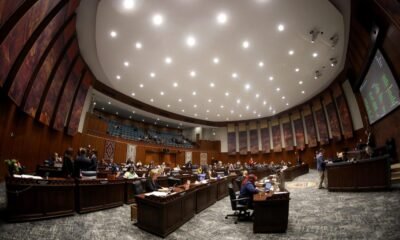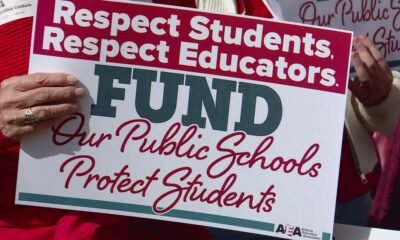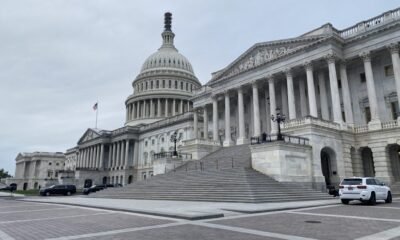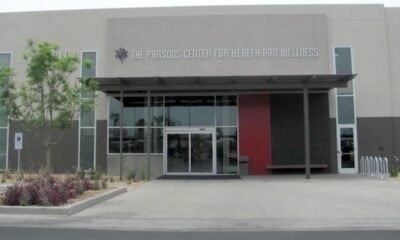Amanda Lugo
Republicans Divided as Deadline Looms for Prop 123 School Funding Extension

A significant public school funding initiative in Arizona is on the verge of expiration, raising alarm among education advocates. Lawmakers have yet to devise a solution, leading to discontent regarding the current GOP proposal.
Proposition 123, which has provided approximately $300 million annually to the state’s K-12 public schools, will conclude at the end of the month. Without an extension, funding will drop dramatically.
To maintain the current funding levels, lawmakers could simply ask voters to renew the proposition during the next election. However, internal GOP disagreements concerning the allocation of funds have complicated matters. Some party members want to attach other conservative goals to the proposal, further delaying consensus.
The revenue generated by Prop. 123 comes from Arizona’s land trust, established to benefit public institutions. In 2016, in response to a lawsuit by school districts, the legislature introduced the proposition to increase annual funding. Voters narrowly supported the measure, raising the distribution rate from 2.5% to 6.9%. When the proposition expires, the distribution will revert to 2.5%, resulting in a loss of over $200 million for public schools.
While the gap will be temporarily filled by the state’s general fund, a long-term solution remains elusive due to ongoing disputes among lawmakers. Recently, efforts to rewrite Prop. 123 to include provisions for pay raises for teachers faltered, reflecting broader conflicts within the legislature.
The latest legislative attempt to secure funding was met with skepticism at a recent public hearing. With a budget deadline looming, Republican leaders in the House advanced a restrictive proposal to extend Prop. 123, which may discourage future changes.
While the proposal aims to restore the 6.9% distribution rate, it heavily emphasizes performance evaluations for teachers, potentially excluding critical support staff. Marisol Garcia, president of the Arizona Education Association, has criticized these limitations, arguing that staff like bus drivers and nurses are essential to student safety and well-being.
Parents and educators expressed concern at the committee hearing. Amanda Lugo, a paraprofessional, highlighted the crucial support provided to special needs students and denounced the exclusion of paraprofessionals from pay discussions. “These roles are not optional; they are essential for the success of our students,” Lugo stated.
Critics assert that linking pay increases to teacher evaluations could worsen the current retention crisis, as a significant number of teaching positions remain unfilled. “What we view as a bonus may not effectively address the challenges we face,” Garcia noted.
Amendments to the proposal have not been ruled out, although some lawmakers have expressed concern regarding potential deregulations of charter schools. Rep. Walt Blackman warned that excessive deregulation could lead to special needs students being denied enrollment at certain institutions.
As the deadline approaches, uncertainty remains regarding the proposal’s final form. Some Republican lawmakers have signaled willingness to discuss further amendments, emphasizing the need to support school choice and educational options for parents.
The fate of Prop. 123 is currently in limbo, with Democrats largely opposing the proposal and internal GOP divisions surfacing. The plan was approved by a party-line vote in committee, but critical questions linger about its future and the potential impact on Arizona’s public education system.


















